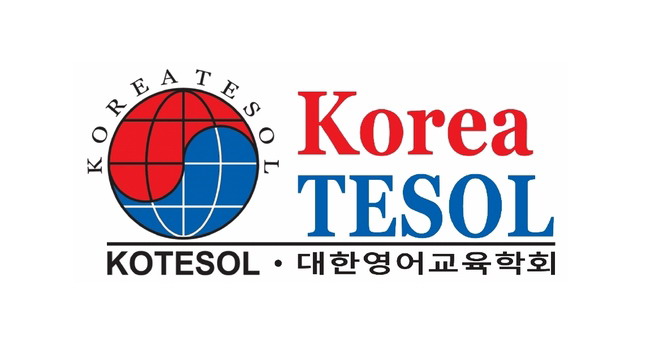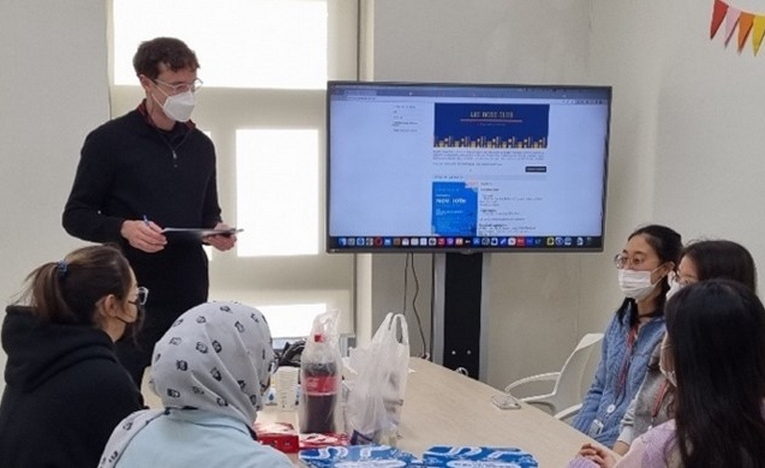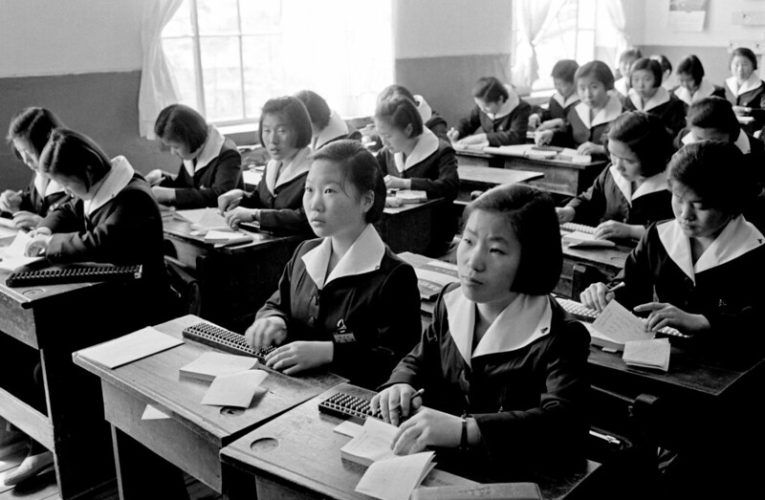Montessori Education II: The Unimaginable Importance of Young Hands
The most common thing observable in a Montessori classroom is every child working with materials. They are using their hands to move objects, fold clothes and towels, tie shoelaces, and even wash desks. In this way, through work activities related to daily life, they stimulate their various senses, form life habits, and have opportunities to learn through trial and error.












